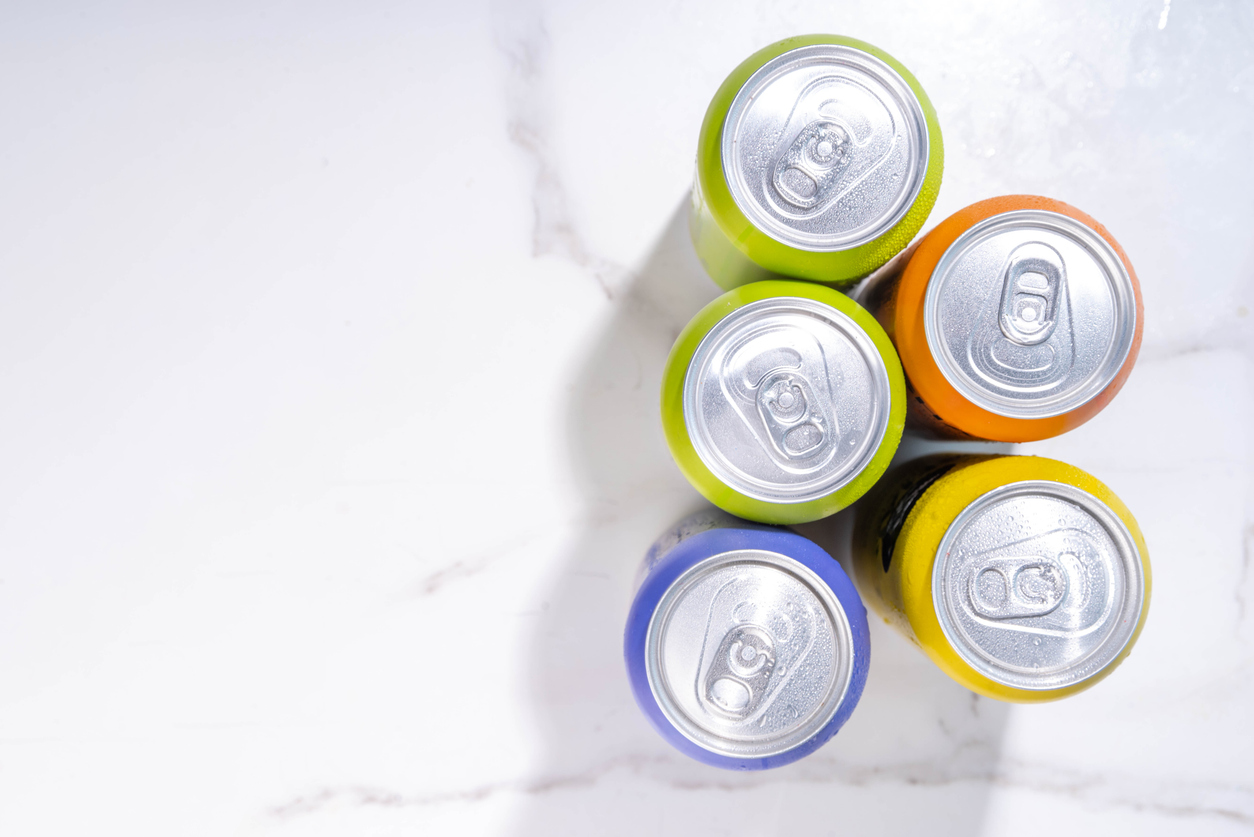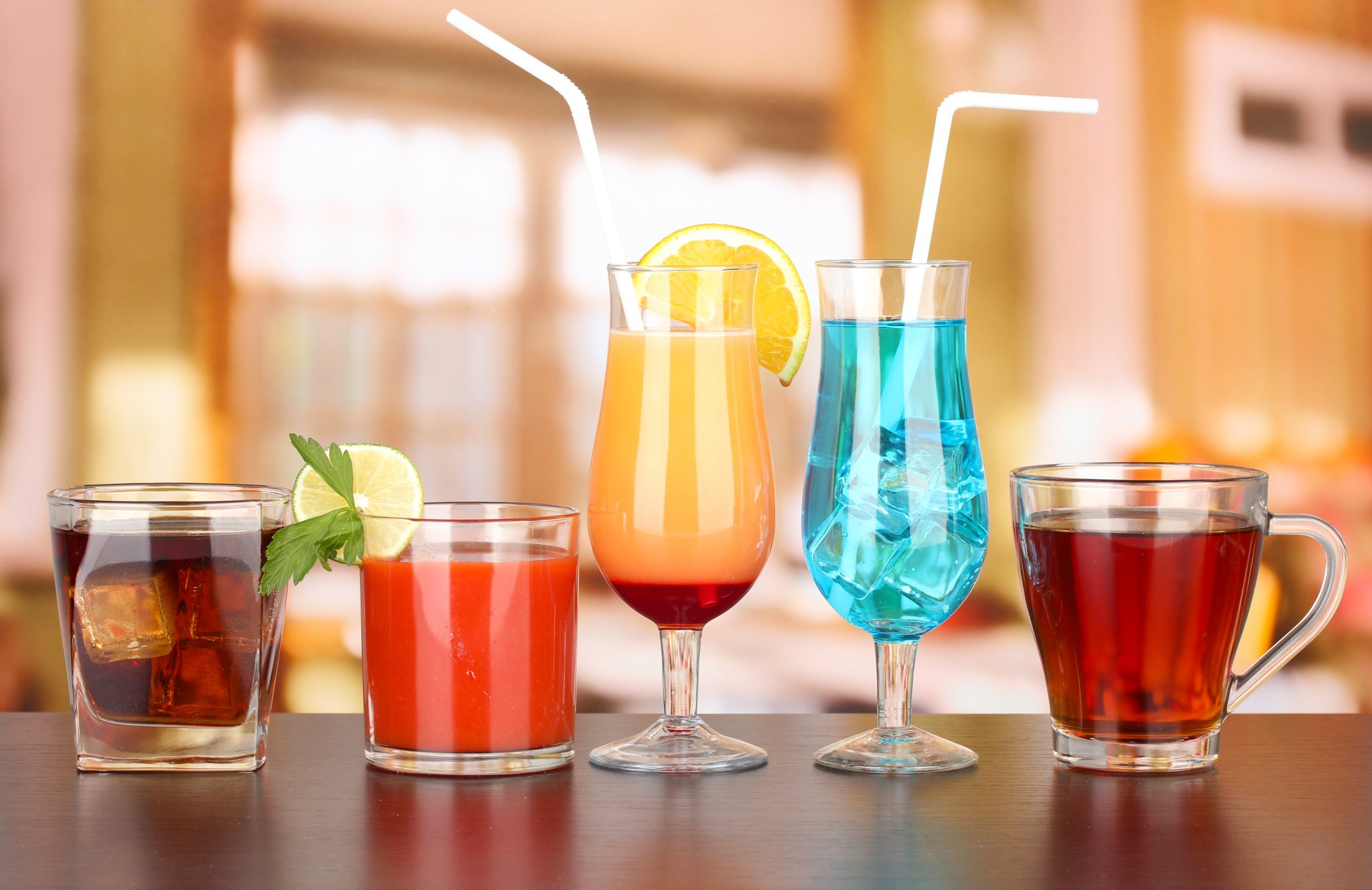
Baked Goods, Cereals and Meals
Baking a smarter, cleaner, and healthy future
Innovative Baked Goods & Cereals for a Healthier World
Rising demand for healthier, sustainable inputs and end-users is triggering a fundamental change in the baking industry. This trend is expected to continue along with the quest for organic, vegan, and aesthetically more appealing ingredients and products. Phrases like “air-fried noodles” and “insect-infused energy bars” are to gain higher and higher traction with a steeping inclination towards home-baked, locally sourced, and food-on-the-go products.
Cereals and high-protein meals also count under this category for their ready-to-eat aspect. Still, manufacturers will need to invest in substantial R&D to tip the total nutritional value of these products on healthier ends without compromising taste or texture. The industry participants will also need to update their tech profiles through smart integration of concepts like midnight cereals and the usage of Phygital, blockchain, and NFTs to maintain an edge in the market in the foreseeable future.
Industry Trends
Baked Goods & Cereals Trends
Sourdough Ferments
Breakfast Cereals with Instantized Milk
Air-fried Noodles
Enhancing the useful life of Bread
Sourdough Ferments
Triggered by health-oriented, natural, and artisanal demand for food by consumers, the sourdough ferment trend is escalating quickly globally. It is gaining popularity among the masses, and driven by that, the market is projected to rise at a CAGR of 7 percent, which is estimated to go beyond 4.5 billion in the coming years. As consumers are inclined toward healthy food items and ingredients, businesses can cater to their needs and make a fortune out of it by catering to the demands of using sourdough in diverse and innovative eating products. Investors can influence broader categories, create awareness, and make compelling opportunities to draw big profits.
How Can We Help?
There is an imminent need to look out for regulatory and consumer behavior disruptions in the food and beverage industry. These changes hugely impact geography, product categories, technological adoption, and innovation on every level. Continuous monitoring is needed to interpret these disruptions and potential associated to these trends, threats, and opportunities. We largely focus on trend analysis, consumer preferences, globalization. trade, regulatory changes, environmental scanning, sustainable practices, stakeholder engagement, innovation, experimentation, adaptive strategies, and risk assessment. Stellarix’s food and beverage consulting services empower companies with substantial rationale for strategic innovation, R&D, investment, and business decisions.
ExploreRising sustainability pressures, regulatory constraints, and various long-term trends are pushing the food & beverage industry to a critical juncture. R&D and innovation are the keys to differentiating offerings across the food, beverage, and nutrition value chain. Our food & beverage consulting team is helping companies navigate the maze of innovation opportunities in this domain. From developing clean label products to restructuring value chains, analyzing market sentiment, or aligning portfolios to changing consumer demands and management complexity, we are here to answer every question that the future may hold for you. We establish clear priorities and indulge in services including ethical sourcing and sustainability, market testing and launching, reformulation, cross-functional collaboration, and product development.
ExploreIdentifying the patterns amidst the heterogeneous value chains, channels, players, and consumer behavior in the food and beverage industry is difficult. The battle between meeting consumer expectations and sustaining success is constant for both established and emerging players. Our food & beverage consulting experts are helping companies prepare strategic responses to market shifts, consumer perspectives and counter the intensifying competition. To meet the needs and aid businesses, we render services including growth strategy, expansion plans, price strategy, regulatory compliance, distribution channels, product development, and market analysis.
ExploreSustainability outweighs regulatory compliance for the food and beverage industry. The biggest requirements include strategic response to regulatory developments, balancing product designs, ingredients, and consumption with present and upcoming sustainability imperatives while creating a solid foundation of narratives for further environmental claims and reporting. As a trusted food and beverage consulting firm, Stellarix has helped organizations with precise, nuanced guidance on aligning their product portfolios with the rapidly evolving regulatory and business landscape. We also inculcate supply chain sustainability, carbon footprint reduction, sustainable product development, consumer education, and engagement for the required outcome.
ExploreCo-man and partner identification is a tricky maze of product development, regulatory compliance, financial forecasts, proprietary recipes, labeling, and processing logistics. It requires in-depth market and business analysis experience and excellence. Our interdisciplinary food and beverage consulting services help companies negotiate the best co-man agreements and identify the most suitable partners for a strong competitive edge in specific niches and domains. We lend research & networking, supplier referrals, quality control, flexibility, capacity, investors and partnership complementary expertise, and communication to clients to achieve their goals.
ExploreThe emergence of personalization and sustainable business practices has established some new business goals like alternative ingredients, local sourcing, circular economy, and automation. It has also accelerated the need to identify innovative technologies, applications, scaleups, and startups impacting the food and beverage industry. Our food and nutrition consulting team is helping global players with startup scouting and benchmarking with deep market research analysis and actionable insights. We identify trends, do competitive analysis, find product range, and work on brand identity, distribution and sales, marketing & sales, financial planning, operation, and logistics to place the client in a commanding position in the market.
ExploreOur Experience

Overview Study- Hydrolyzed Vegetable Protein Processing
A global F&B leader consulted Stellarix for a comprehensive review of key processing parameters and the physico-chemical properties of the raw materials used in HVP production. Stellarix’s expertise enabled the client to make strategic sourcing decisions and implement optimal technologies, thereby enhancing its value chain and overall competitive position. Client Background: A worldwide leader in […]

Technology Scouting: Traceability for Aquaculture and Agricultural Products
A client sought sustainable traceability solutions for aquaculture and agricultural products. The comprehensive competitive and market assessment by Stellarix provided the client with a better understanding of the top providers of sustainable and accurate traceability solutions. Client Background: The client sought providers of traceability systems for aquaculture and agricultural products that were sustainable, efficient, and […]

Technology Scouting – Melatonin Alternatives
A renowned F&B company partnered with Stellarix to seek melatonin alternatives to navigate the changing regulatory landscape in Brazil. The strategic guidance and recommendations provided by F&B consultants facilitated the identification of next-gen alternatives, helping the client strengthen its market foothold amidst the changing regulatory and market landscape in Brazil. Client Background: The client is […]
Client Queries Addressed
Q1. What microorganisms are commonly used in precision fermentation, and what products do they create? Q2. How can precision fermentation contribute to reducing the environmental impact of traditional food production methods? Q3. What are the key challenges and opportunities in scaling up precision fermentation technologies for commercial use? Q4. How do consumer perceptions of products made through precision fermentation influence market acceptance?
Q1. What technologies can be implemented to track and verify the sustainability of ingredient sourcing? Q2. How can companies communicate the provenance and sustainability of their ingredients to consumers in a transparent manner? Q3. What role do certifications and third-party audits play in enhancing the credibility of sustainability claims? Q4. How can companies engage consumers in their sustainability journey through storytelling and brand messaging? Q5. What strategies can ensure that sustainability initiatives resonate with consumers across different markets?
Q1. How can companies reformulate existing products to remove artificial additives, preservatives, and sweeteners without compromising taste and shelf life? Q2. What are the emerging natural ingredient alternatives that can be used in baked goods and cereals to appeal to health-conscious consumers? Q3. How can transparency in sourcing and labeling be improved to build consumer trust in clean label products? Q4. What role does consumer education play in promoting the benefits of clean label products in the baked goods and cereals sector? Q5. How can companies balance the cost of using premium, natural ingredients with maintaining competitive pricing?
Q1. What ingredients can be used to create indulgent flavors and textures while reducing sugar, fat, and calories in baked goods and cereals? Q2. How can companies balance indulgence and health by offering portion-controlled or snack-sized options that appeal to health-conscious consumers? Q3. What are the opportunities for developing premium products that combine indulgence with functional health benefits, such as added protein or antioxidants? Q4. How can companies respond to the growing demand for plant-based or dairy-free indulgent products in the baked goods and breakfast cereals market? Q5. What strategies can be employed to ensure that healthier indulgent products are still accessible and appealing to a wide range of consumers?
Insights
See All
Articles

Articles

Blogs

Articles